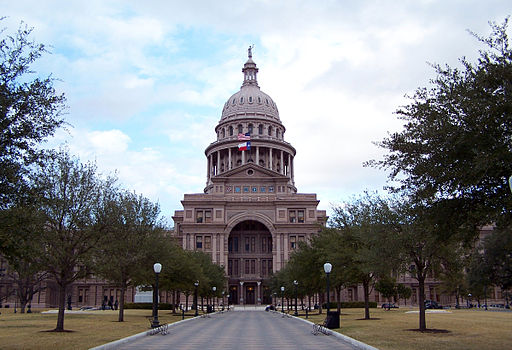On May 14, the Texas State Legislature voted to refer a constitutional amendment that would allow the surviving spouse of a disabled individual to maintain a homestead property tax limit if the spouse is 55 years of age or older at the time of the death and remains at the homestead. The amendment would retroactively validate a 2019 law that extends the property tax ceiling to the surviving spouse. The amendment would also add a temporary provision that would refund taxes to spouses of a deceased disabled individual for the 2020 and 2021 tax years that exceeded the amount that should have been paid with the tax limit.
Representative Jake Ellzey (R), one of the authors of the amendment, said, “The surviving spouse of a disabled homeowner should not be saddled with an unexpected large increase in their tax bill. That only magnifies the tragedy of the loss of their spouse and if they are on a fixed income it even further compounds their difficulties. If a couple has a disability exemption for their homestead, when the disabled person passes away, the surviving spouse loses the exemption. HJR125 protects the surviving spouse from the loss of an important benefit.”
To put a legislatively referred constitutional amendment before Texas voters, a two-thirds (66.67 percent) supermajority vote is required in both the Texas State Senate and the Texas House of Representatives.
This amendment was introduced as House Joint Resolution 125 on March 8, 2021. On April 12, 2021, the state House passed HJR 125 in a vote of 147-0, with three not voting. On May 14, 2021, the Senate approved HJR 125 in a vote of 30-0 with one excused.
Currently, disabled individuals may apply for a $10,000 homestead tax exemption and a limit on school district property taxes. In order to qualify for the disabled exemption and tax limit, the individual must also qualify to receive disability benefits under the Federal Old-Age, Survivors, and Disability Insurance Program administered by the Social Security Administration. Property taxes on the residence of a disabled individual or their surviving spouse do not increase from the year the individual qualifies for the exemption and tax limit.
The amendment is the second ballot measure the Texas Legislature sent to the 2021 ballot. In November, Texas voters will also be deciding whether to add a provision to the Texas Constitution that prohibits the state or any political subdivision from limiting religious services.
Since 1876 when the current constitution was adopted, it has been amended 507 times. In November 2019, voters approved nine constitutional amendments. On average, the legislature referred 13 constitutional amendments to odd-year ballots from 1995 through 2019.
Additional reading:


